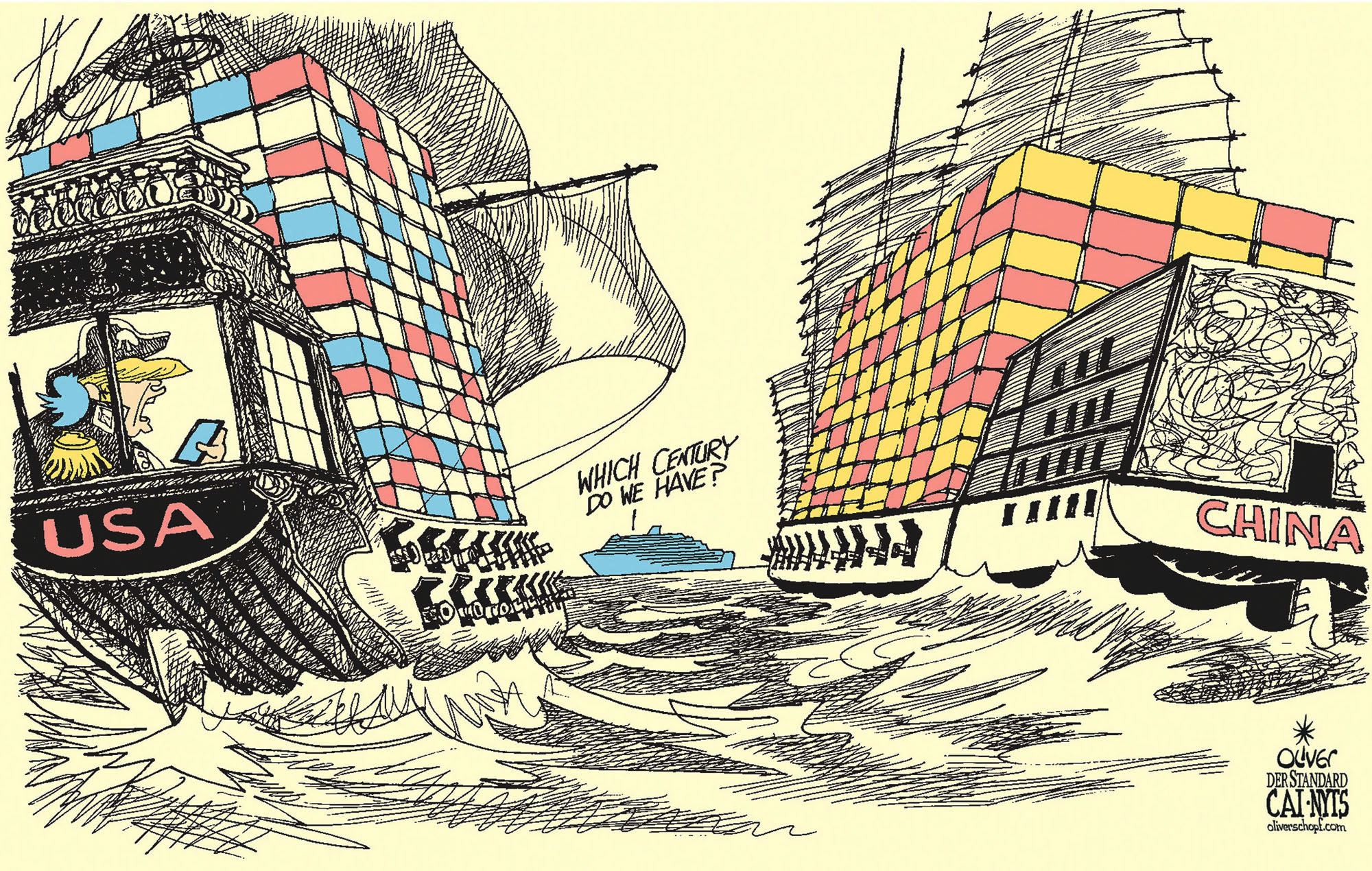The trade war between the United States and China has finally begun. Before July 6, easygoing economists in Tokyo (and elsewhere) predicted that the mutually retaliatory imposition of WTO-incompatible tariffs between the world's two largest economies would only have a minimal impact on global trade.
The gross domestic product of the U.S., they claimed, dwarfs the potential impact of the additional tariffs that the Trump administration planned to impose on imports from China. Many in Tokyo seemed to have believed this unrealistic macro-economic wishful thinking. Now they have begun to realize that such an affirmative outlook may have been wrong.
What Tokyo started to hear is the shriek of business managers on the front line. With the start of the trade war, corporate decision makers must face the unpleasant and pessimistic reality. In fact, according to a friend's survey last week, 85 percent of his Japanese clients were bearish as compared to just 15 percent the week before.


















With your current subscription plan you can comment on stories. However, before writing your first comment, please create a display name in the Profile section of your subscriber account page.